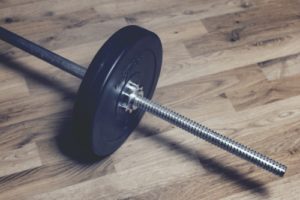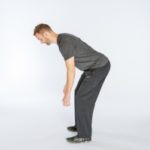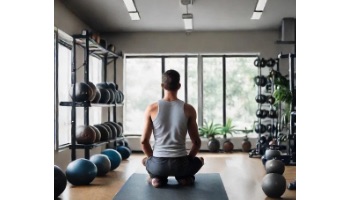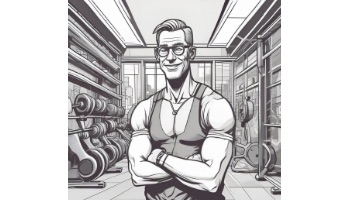 Do you avoid deadlifts because you fear they are bad for the back? As with many exercises, the truth is they are great for you as long as they are done correctly.
Do you avoid deadlifts because you fear they are bad for the back? As with many exercises, the truth is they are great for you as long as they are done correctly.
Deadlifts Are Not Bad If You Can Hip Hinge
To perform a deadlift you will need to have command of a fundamental movement pattern called the hip hinge. A proper hip hinge protects the spine by keeping it straight. It also allows you to perform the exercise using your hips, which is what the movement is intended to train.
Five Fundamental Movements That Can Save Your Joints
The Hip Hinge

Bending Through Spine
When you bend over there are two ways to do it. You can move through the hips or through the spine. When you move through the spine it curves, which puts uneven and potentially damaging pressure on structures in your back.

Bending Through Hips
When you move through the hips, the spine stays straight and the pressure stays even. The large muscles of the hips and upper back do the work.
Why We Should All Learn To Deadlift
Sitting for long periods of time in school or at work wrecks our movement patterns in everyday life, which ultimately leads to pain and injuries. Back pain, for example, affects about 80% of people at some point during their lives 1 and research has estimated that the resulting loss in productivity costs the US economy upwards of $60 billion per year.2
The good news is your movement can be restored through physical training. Exercises like the deadlift, when learned properly restore fundamental movements like the hip hinge. They can then be used to strengthen and reinforce the pattern, making you healthier and stronger and less likely to experience pain and injury, increasing your well-being across the board.
Related
How Movement Quality Beats Movement Quantity
References


